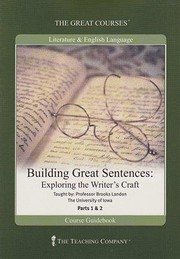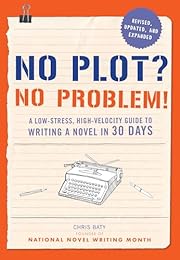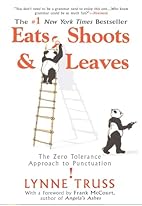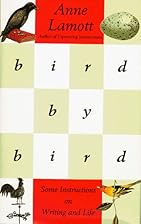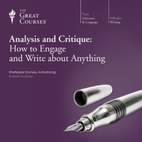
This lecture series provides a guide for writing critiques. It is one of the Great Courses lectures series presented by Prof. Dorsey Armstrong of Purdue University.
The lectures focus primarily on organizing your thoughts and getting them on paper in a well-structured and readable form. She also encourages reading in as broad a spectrum as you can manage. Then a lesser emphasis on analysis, which, for me, felt like it came more from making your own thoughts clear and concise, then getting them in written form.
She speaks clearly and is well-organized. This makes it easy for her to get her points across. Her thoughts are reflected in the accompanying booklet. Although I felt it was too close, as it is often verbatim. Having read the book first, I felt like large portions of the lecture were redundant.
The material does a good job of covering the subject, and it felt adequately in-depth. In 24 lectures, each just shy of a half-hour, she covers a lot of ground. Although most of the lectures either discuss the subject matter abstractly, she does draw good examples from several works including fiction, poetry, drama and non-fiction. One lecture is devoted to grammar, which I felt was more of a sore point for her and, for me, felt like it should have been outside the scope of this lecture series.
I felt the lectures were good and well worth the time. I listed to several of them multiple times.


